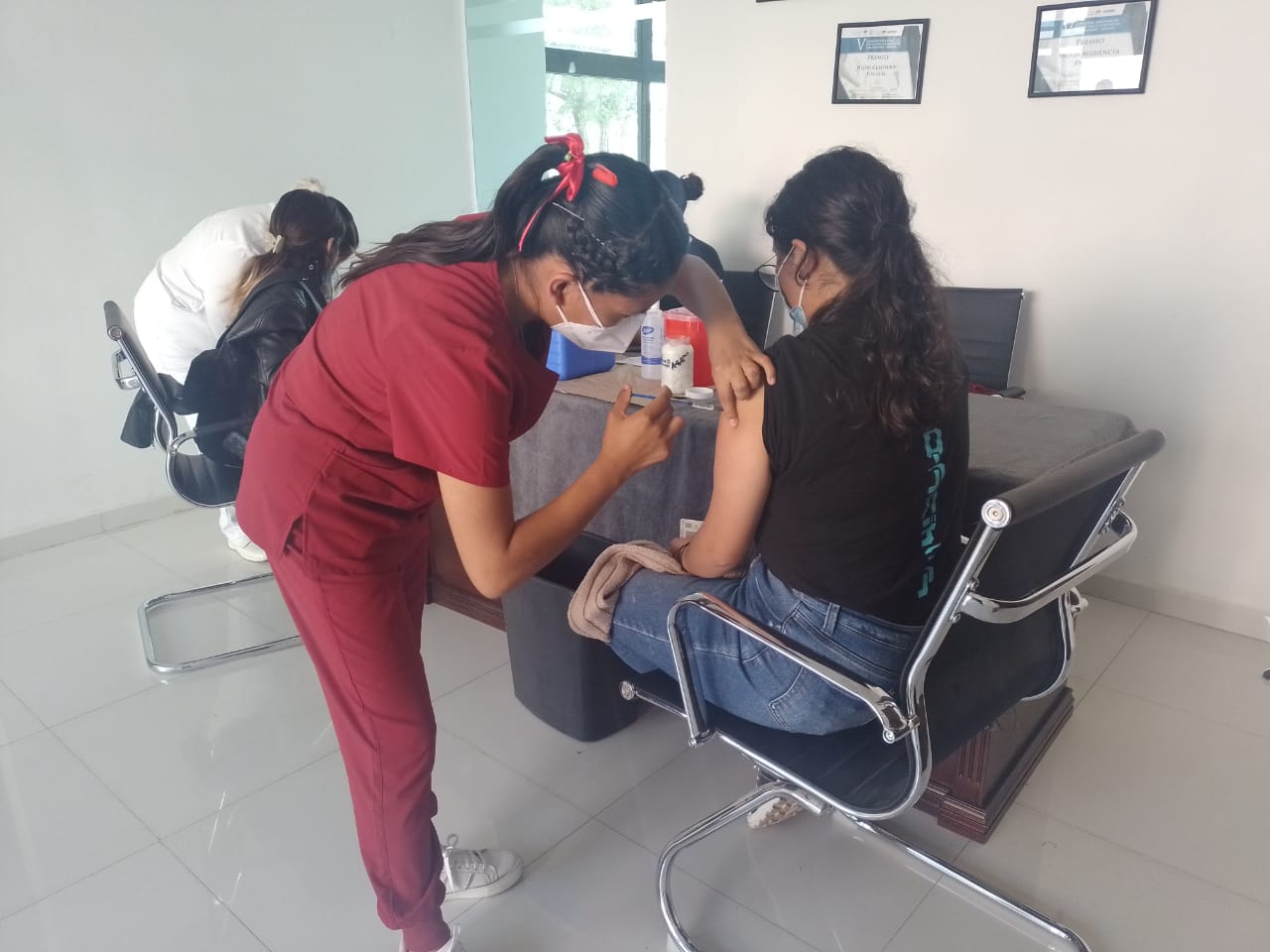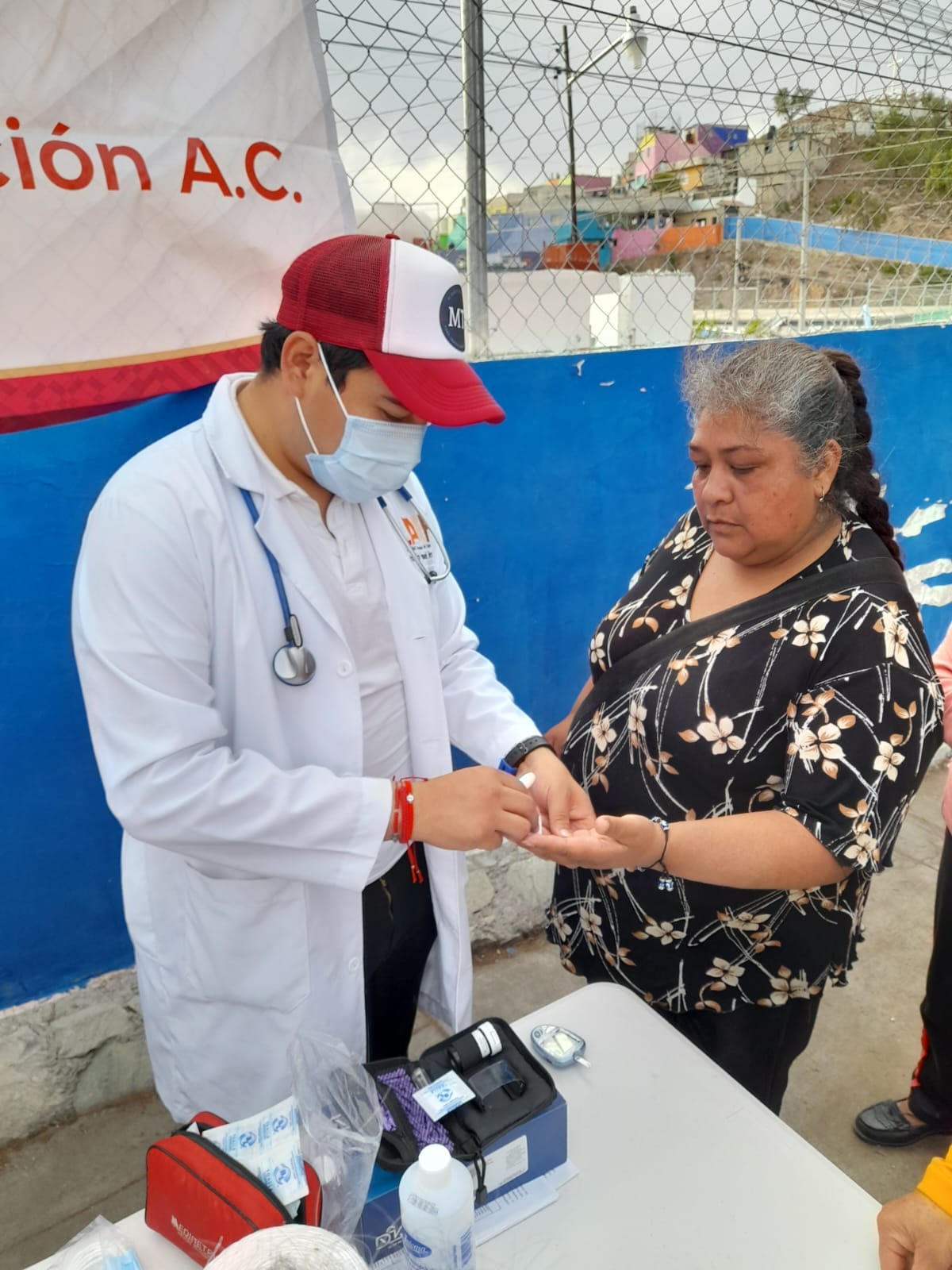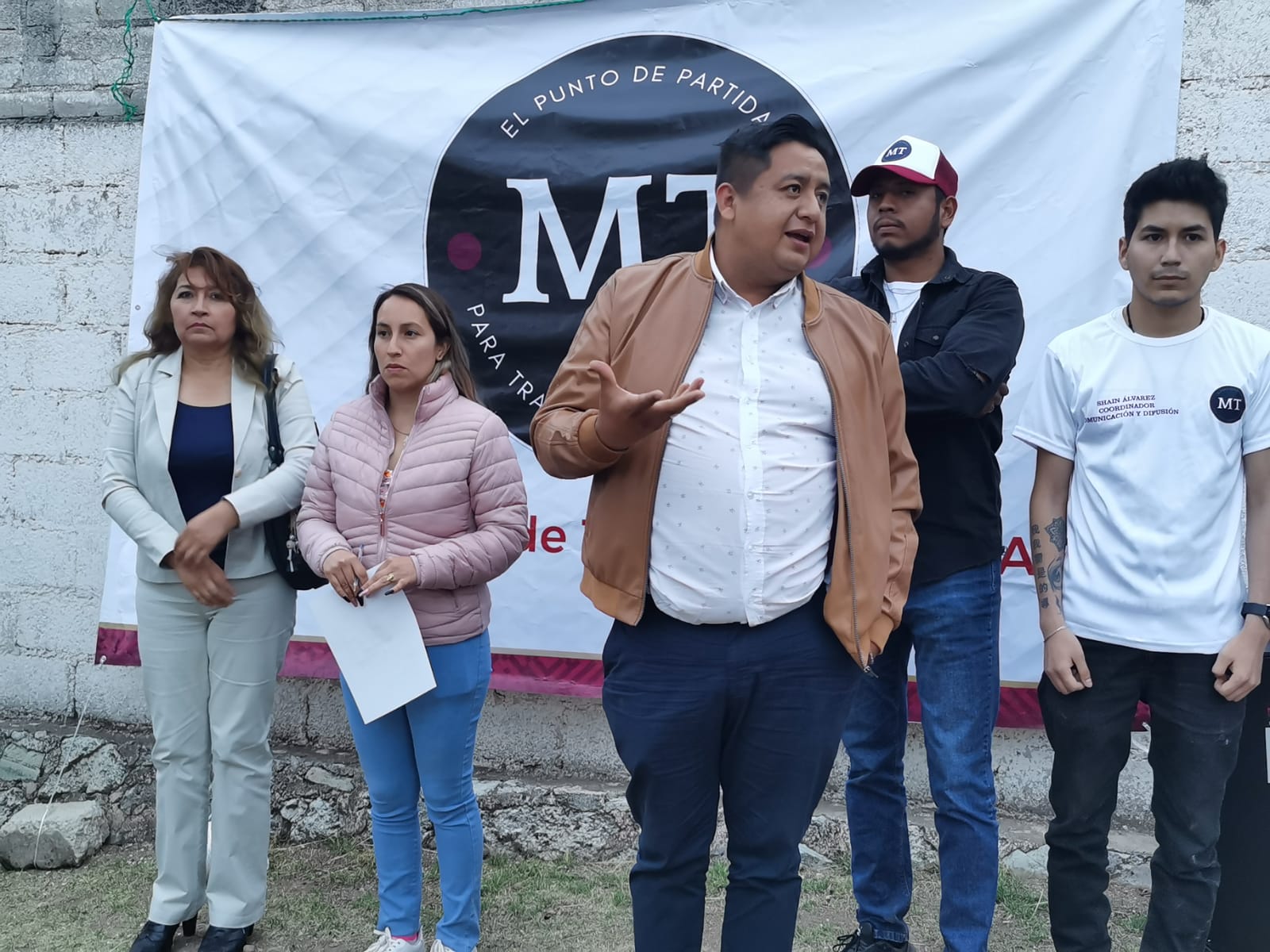Analyzed together, five of seven studies support a relationship between relapse and either prolonged sleep latency or difficulty falling asleep. Chronic alcohol consumption also results in long-term alterations and neuroadaptation in the neurotransmitter systems affected by alcohol, and these alterations persist into the early stages of abstinence (Becker 1999; Koob and Roberts 1999; Littleton 1998). Neuroadaptation means that in response to the chronic exposure to alcohol, the brain adjusts its baseline activities to compensate for alcohol’s effects on brain-cell functioning. For example, because alcohol tends to enhance GABA activity and inhibit glutamate activity, neuroadaptation to chronic alcohol consumption includes decreased baseline activity of inhibitory GABA systems and increased activity of excitatory glutamate systems. These alterations compensate for alcohol’s effects, allowing the brain to maintain its “normal” activity levels in the presence of alcohol. When alcohol is discontinued, however, these alterations persist, at least for a while, resulting in increased arousal that manifests as withdrawal symptoms, including sleep disruption.
- In an analysis of the Medical Outcomes Study data, the measure of alcohol use was limited to a dichotomous categorical definition–no history of use, past or current use (1).
- She took her Bachelor’s Degree in Medical Technology at Angeles University Foundation and graduated with flying colors.
- As adults, the treated rats exhibited decreased levels of certain brain chemicals implicated in sleep (i.e., monoamine neurotransmitters) and increased alcohol consumption compared with the untreated rats.
- Drinking alcohol can affect the quality and length of your sleep, leading to sleep disorders — such as insomnia and sleep apnea — in some.
- Among patients with diagnosed alcohol dependence, the rate of sleep disturbance is higher than the general population.
Drinking a small amount of alcohol may help people fall asleep more quickly initially, but over time, individuals will need to consume more alcohol to achieve the same effect. In an analysis of the Medical Outcomes Study data, the measure of alcohol use was limited to a dichotomous categorical definition–no does alcohol cause insomnia history of use, past or current use (1). In addition, the preponderance of cross-sectional studies limits conclusions regarding causal direction. Use of standardized definitions and measures of insomnia and alcohol consumption, and prospective designs would improve future investigations.
Changing your relationship with alcohol
These cautions probably apply to the nonbenzodiazepines as well, although studies of their chronic use and abuse in recovering alcoholic populations are limited. Sleep-disordered breathing may be an additional contributor to sleep complaints and sleep disruption in heavy drinkers. Even after a single drink normal sleepers can develop snoring and even obstructive sleep apnea (OSA) resulting in oxygen desaturations (7,57). Alcohol relaxes upper airway dilator muscles (decreasing airway patency) increasing nasal and pharyngeal resistance (58,59), and it prolongs the time required to arouse or awaken after an apnea occurs (60). Alcohol also selectively depresses hypoglossal nerve activity and alters carotid body chemoreceptor function.
- During the first two weeks after detoxification, five days of carbamazapine was superior to lorazepam in improving sleep for patients with mild to moderate alcohol withdrawal (87).
- Whether chronic insomnia causes depression, anxiety, or alcoholism, or whether such disorders cause sleep problems, remains unclear.
- Sleep problems, which can have significant clinical and economic consequences, are more common among alcoholics than among nonalcoholics.
- Ethical review and approval were waived for this study, as the study, being non-invasive and involving simple data collection, was conducted on patients seen in a private practice.
- If you’ve stopped drinking alcohol, but are still having sleep issues, be sure to reach out to a sleep specialist.
Having either depression or alcohol use disorder increases your risk of developing the other condition. You may also experience parasomnias which are disruptive sleep disorders that occur in specific stages of sleep or in sleep-wake transitions. These can happen during arousals from rapid eye movement (REM) sleep or non-rapid eye movement (NREM) sleep.
Overlap of Alcohol-Related Insomnia with Other Psychiatric Disorders
People with insomnia may have difficulty falling asleep or keep waking up during the night. If you’re struggling with alcohol use disorder (AUD), you may develop insomnia during withdrawal or recovery. People with co-occurring medical conditions have an even higher risk of developing insomnia and/or substance use disorder.
Among patients with diagnosed alcohol dependence, the rate of sleep disturbance is higher than the general population. The six studies of patients in alcohol treatment reported insomnia rates of 25–72% (36–41) (Table 3). Again, differing definitions and measurement of insomnia and alcohol dependence, as well as varied case mix among the samples, make comparison of these https://ecosoberhouse.com/ studies difficult. Behavioral studies suggest that up to 2 to 3 standard drinks before bedtime initially promotes sleep, but these effects diminish in as few as 3 days of continued use. Symptoms of co-occurring disorders may heighten when you stop drinking alcohol. This typically happens to people who use alcohol to cope with the effects of mental health disorders.
Alcohol Withdrawal and Insomnia
If insomnia makes it hard for you to do daily activities, see your doctor or another primary care professional. Your doctor will search for the cause of your sleep problem and help treat it. If it’s thought that you could have a sleep disorder, your doctor might suggest going to a sleep center for special testing. Your health and wellness is unique to you, and the products and services we review may not be right for your circumstances. Ethical review and approval were waived for this study, as the study, being non-invasive and involving simple data collection, was conducted on patients seen in a private practice.
5 Drinks That Help You Sleep – Health.com
5 Drinks That Help You Sleep.
Posted: Mon, 17 Jul 2023 07:00:00 GMT [source]







